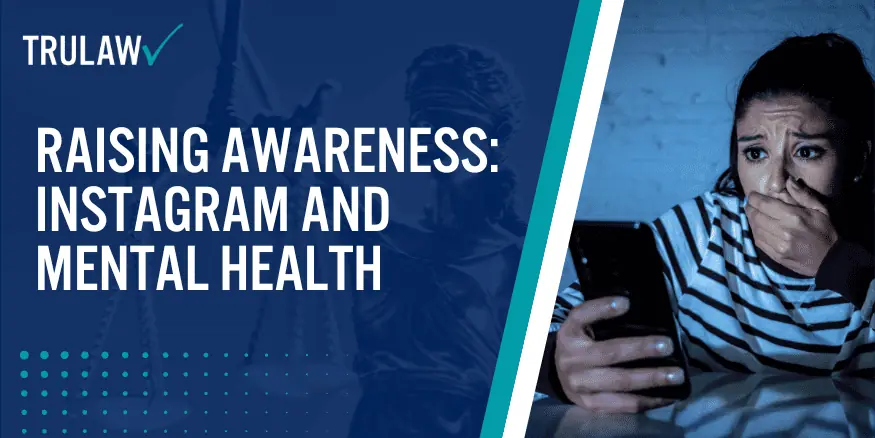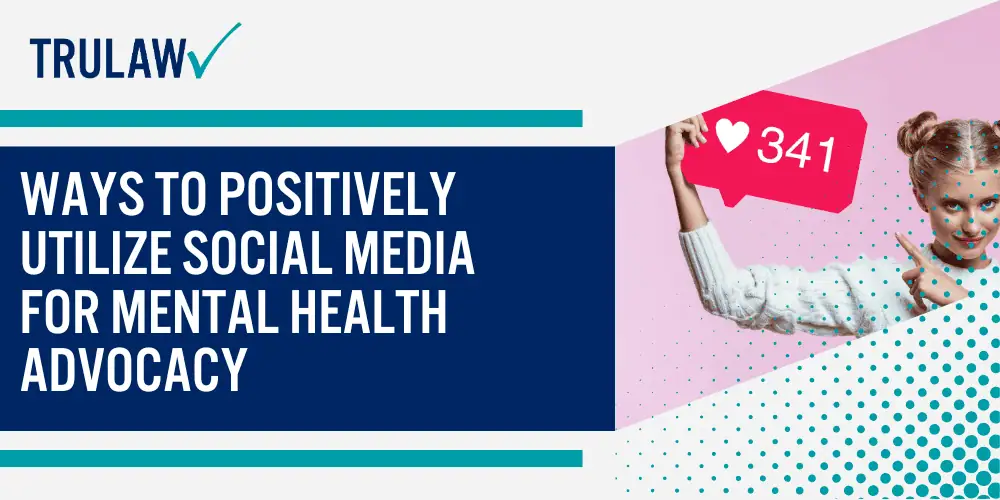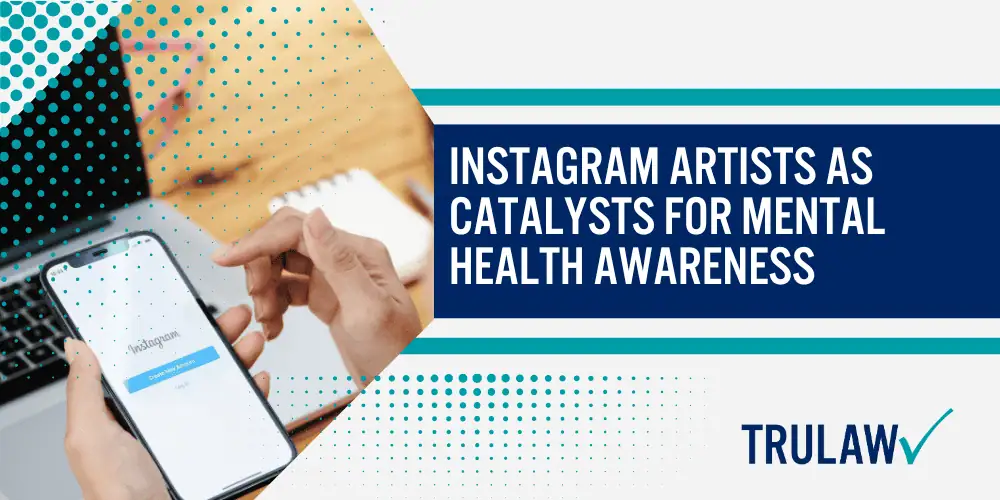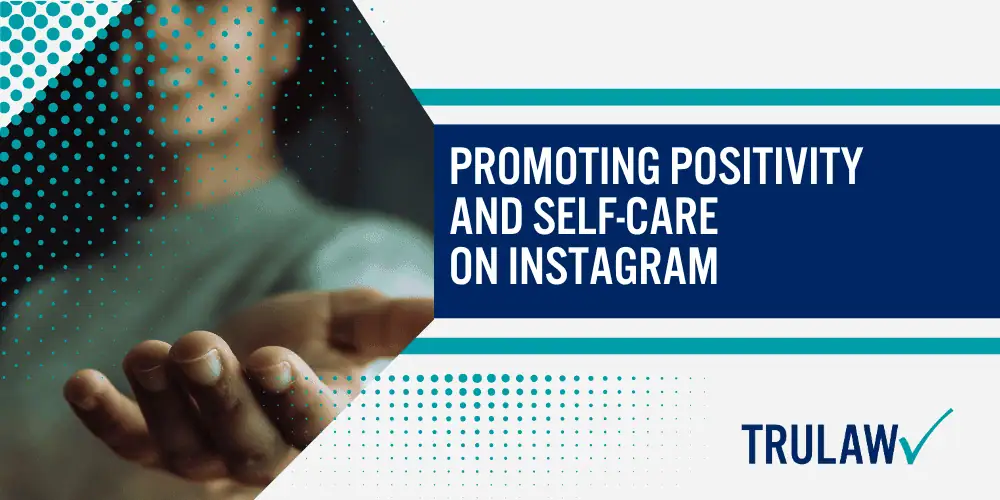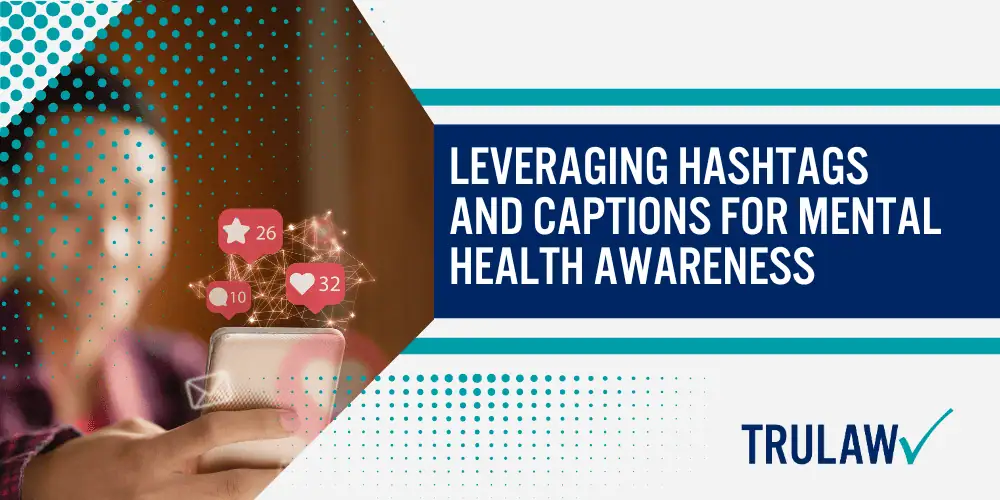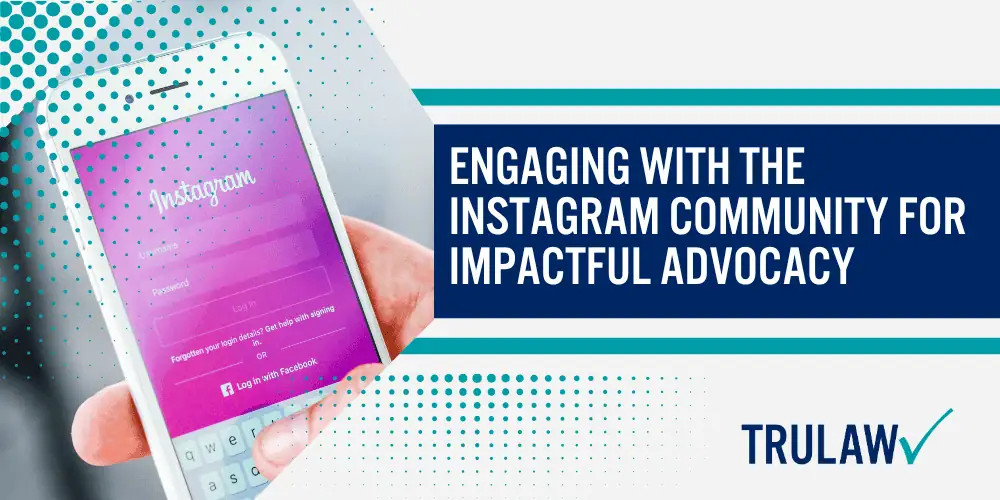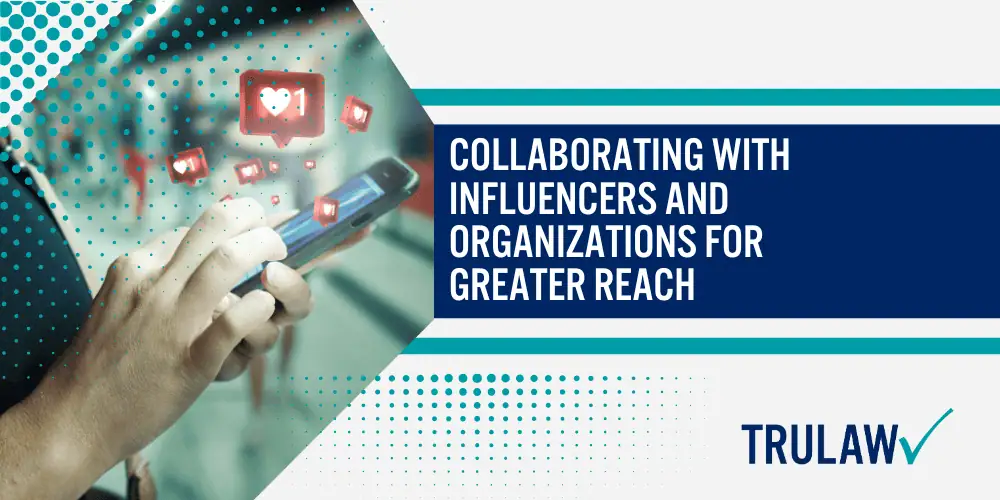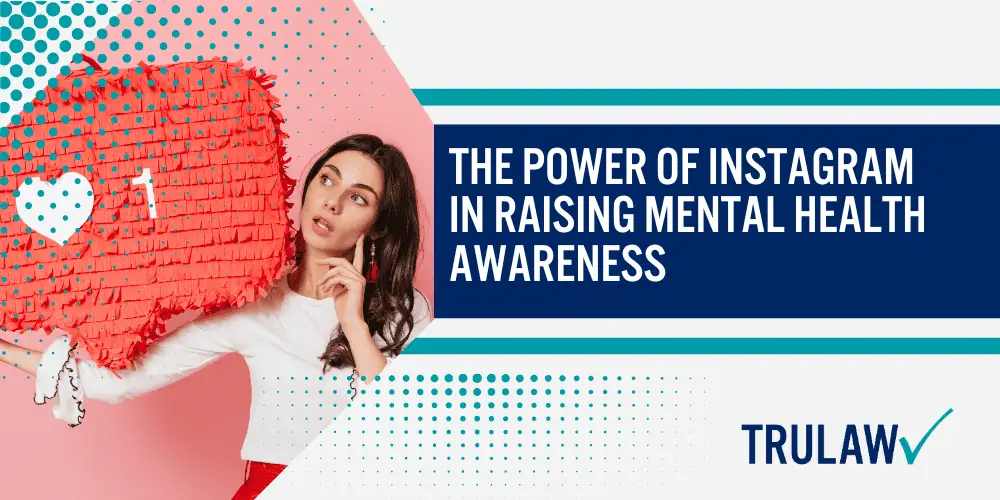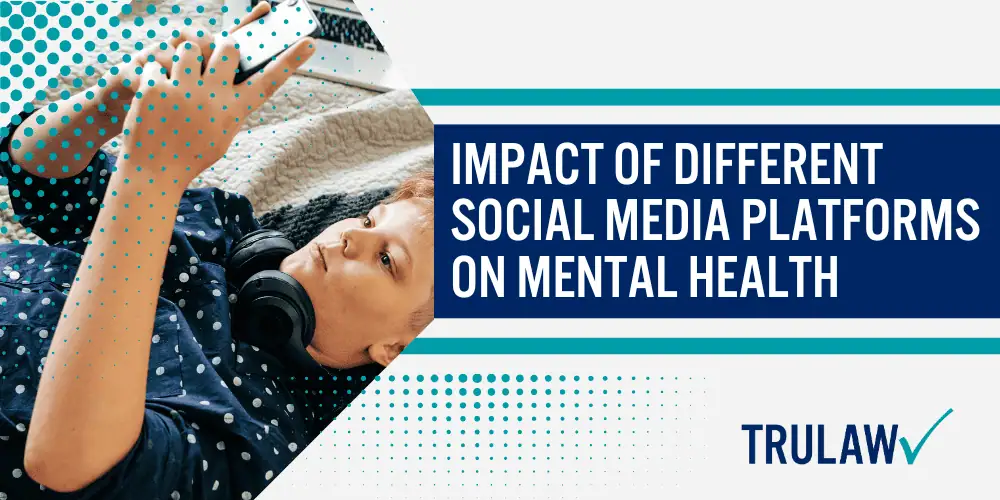Reducing Stigma through Personal Stories
The use of personal narratives on social media platforms, such as Facebook and Instagram, can significantly contribute to the reduction of the stigma attached to mental health issues.
When people share their personal experiences on social media use, it engenders a feeling of empathy and comprehension among their followers.
This leads to the development of supportive relationships and promotes social acceptance, contributing to mental wellbeing.
It becomes apparent to teens that mental health struggles related to social media use, especially on platforms like Instagram, are not uncommon and should not be a source of embarrassment or social acceptance issue, but rather a part of overall wellbeing.
By sharing our personal life experiences, we inspire others to do the same, creating a supportive community of people where everyone feels at ease discussing the themes of wellbeing and the impact of psychology on their mental health.
Educating Followers with Informative Content
The utilization of social media as a platform for mental health advocacy can be effectively achieved through the dissemination of informative and engaging content.
This can be done through the creation and sharing of posts, videos, or infographics that educate followers about various aspects of psychology and wellbeing.
The content can range from explanations of different disorders, discussions about self-care techniques, or advice on how to manage stress and anxiety.
The objective of sharing such valuable information is to increase awareness and promote practices that contribute to positive mental health.
The language used in the content should be relatable and the visuals used should resonate with the audience.
This approach simplifies complex themes and fosters discussion among the followers.
For individuals who have been affected by the use of this social media platform, they can reach out to us for an Instagram Mental Health Lawsuit.
Connecting with Seekers of Support
Social media platforms such as Facebook and Instagram present an avenue to establish connections with people who may be in need of mental health resources or support.
The creation of specific pages or accounts, like an article pubmed, that concentrate on promoting mental health and wellbeing can offer a secure environment for teens to express their struggles about their body without fear.
Furthermore, these platforms provide the capability to guide individuals towards professional assistance or relevant entities that focus on providing help.
The feature of direct communication via comments or direct messages on these platforms allows for immediate response, guidance, and encouragement, thus fostering psychological health.
Amplifying Advocacy Efforts through Collaboration
The process of joining forces with mental health organizations and professionals significantly enhances our advocacy efforts on social media platforms.
By aligning ourselves with experts in the field of psychology and organizations dedicated to wellbeing, we are able to tap into a wealth of knowledge and resources.
This, in turn, improves the caliber of our content.
As a united front, we have the capacity to create powerful social media campaigns with a focus on shedding light on mental health issues within our audience.
The power of collaboration also allows us to extend our reach on platforms such as Facebook.
By merging our followers and networks, we are able to construct a more substantial platform from which to advocate.
Utilizing the skills and knowledge of professionals and organizations within the mental health field, our messages can potentially have a far-reaching effect on the wellbeing of Facebook users.
